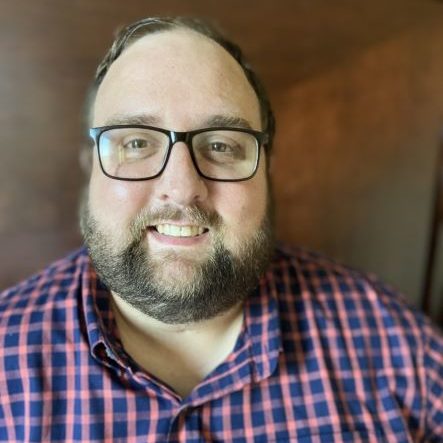As coronavirus cases spread in the U.S. and the world, pastors must lead with wisdom during a time when there are both real health threats and real emotional needs in our communities and congregations.
We serve as clergy at Wilshire Baptist Church, a Dallas church that made headlines when the fiance of a congregant was diagnosed with Ebola in 2014. Out of that experience, we advise other church leaders to seek an informed mix of prudence, compassion and calm as they guide the response in their congregations and communities.
Plenty of other people are going to sound the alarm and panic. It is the church’s role to model a way of living not driven by fear -- to listen to medical professionals and act in a way that helps our communities.
Wilshire Baptist Church in Dallas gained international notoriety in fall 2014, when a man named Thomas Eric Duncan -- unknowingly carrying the Ebola virus -- traveled from Liberia to Dallas to see his fiancee, a woman in our church named Louise. They’d had a son together nearly two decades before, but the randomness of U.S. immigration policies had kept them apart for most of the years since.
Within days of arriving in Dallas, Duncan fell ill with Ebola, and our church member’s small apartment became ground zero for a potential outbreak. Louise and three of her family members were quarantined for 21 days, and we became her media spokespersons to the world.
The first Sunday morning of this crisis, we looked up into our church balcony and saw 15 TV news cameras lining the rail. In the vacuum of information available and in the midst of panic across Dallas, we had the opportunity to preach a message of faith over fear.
George, our senior pastor, began to visit Louise almost daily, with the permission and oversight of doctors. This could well have been an intentional response to the example commended by Jesus in one of his parables: “I was sick and you comforted me; I was in prison and you visited me” (Matthew 25:36).
But in reality, there was no time to stop and think of Bible verses and parables. This moment required fast thinking and hard decisions, drawn from examples we’d already internalized.
What we discovered along the way was that members of our congregation had apparently internalized these biblical examples as well, because every person in the church supported us in reaching out to Louise and her family. The only criticisms we received came from outside the church.
Although Duncan died, and two of the nurses who treated him became infected, Louise and her family members who were quarantined miraculously escaped without illness. She still attends our church regularly, and the witness our church was able to give by transcending the period of community panic lives on to this day.
And now in 2020, we’ve been faced with the threat of coronavirus.
Every day, each of us faces decisions about whether to exclude or include, whether to remove ourselves from other people or draw closer. How we make those decisions often turns on how we have been taught. When we’re carefully taught to love rather than hate, when we’re carefully taught to care rather than shun, it shows up in our actions.
And in times of crisis -- as when Ebola comes to church or coronavirus spreads around the world -- what we’ve been taught pops into full view.
In the midst of these times of crisis lies an opportunity to bear witness to our belief in God and science. We need to work with our medical professionals to protect our communities and care for those who may get sick. The church is often portrayed as pitting religion against science, but times like these give us an opportunity to show that we believe in a God who teaches us to trust the truth wherever we find it, in Scripture or in a science lab.
We faith leaders need sound minds right now -- minds that can listen to honest facts and direct others to medical help, minds that can break through the politics and poison of both the prophets of doom and the purveyors of ignorance.
Whatever your church’s response to the coronavirus may be -- we have decided to suspend our services for at least a week -- it should be grounded in love and wrapped in compassion, secured with the advice of 2 Timothy 1:7: “For God has not given us a spirit of fear, but of power and love and a sound mind.”
Yes, we must encourage people to wash their hands. Yes, we must encourage those with a cough or fever to stay home. And yes, we need to protect the vulnerable, including young children and older adults and the immunocompromised.
But in doing this, we must not lead the parade of panic in the public square. We have the opportunity and the platform to be the calm leaders in a time of crisis.






















